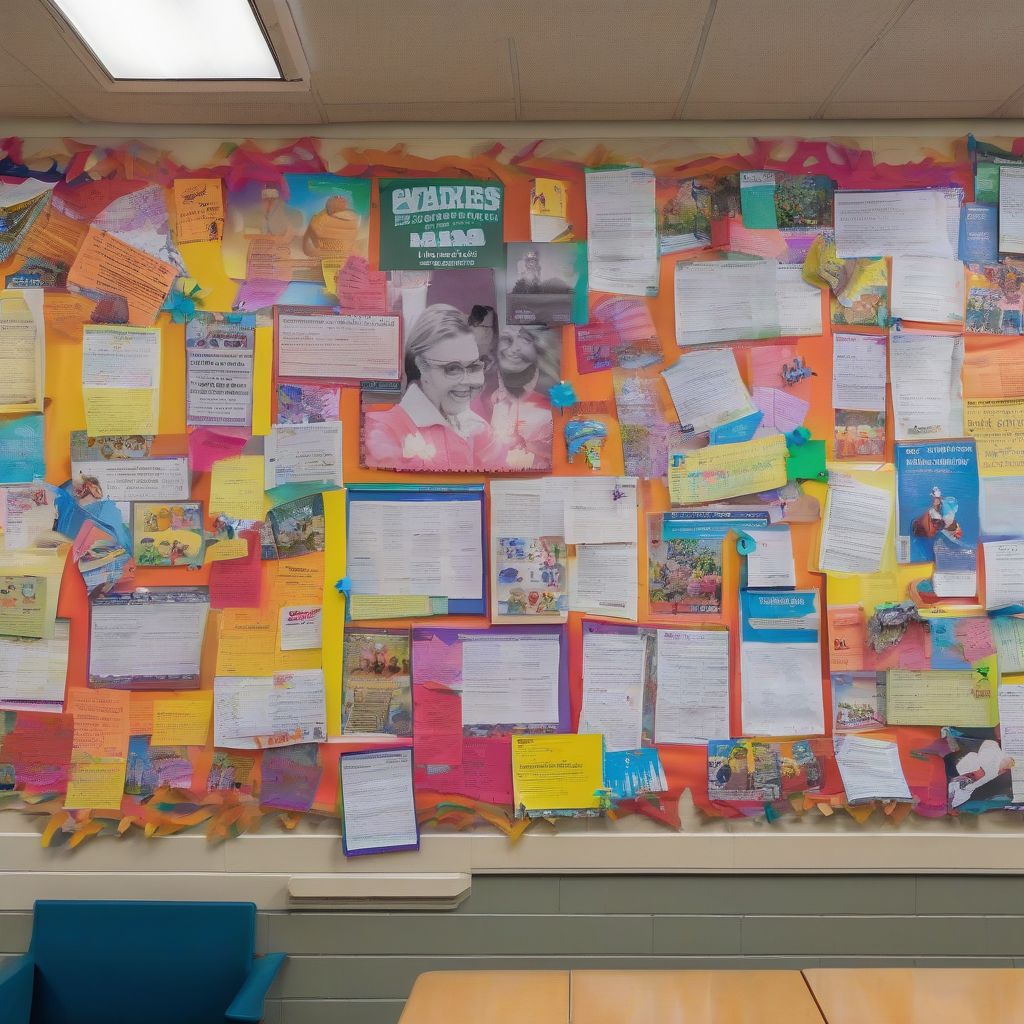Remember that dream you had for your child? The one where they confidently stride towards a bright future, armed with the knowledge and skills to conquer any challenge? It’s closer than you think! While our love and support are crucial, our communities are overflowing with incredible resources that can help unlock our children’s full potential. We’re talking about a treasure trove of educational opportunities, often free or low-cost, just waiting to be discovered!
This isn’t just about academics, though it plays a big part. Think engaging extracurriculars, essential life skills programs, and even access to critical support services. This comprehensive guide is your roadmap to navigating this landscape, empowering you to become your child’s best education advocate.
Identifying Your Child’s Needs and Interests: The First Step
Every child is unique, a dazzling constellation of talents, passions, and aspirations. Our journey begins with understanding our child’s individual needs and interests.
Ask the Right Questions
- What subjects does my child gravitate towards? Maybe they devour books on marine life or spend hours lost in building intricate Lego masterpieces.
- What are their strengths and areas where they need a little extra support? Perhaps math comes naturally, but writing is a bit more challenging.
- What activities bring a spark to their eyes? Dance? Robotics? Volunteering at the local animal shelter?
 Community Center Activities Board
Community Center Activities Board
These questions are like compass points, guiding us towards the resources that will resonate most with our children.
Unearthing the Hidden Gems: Where to Find Community Resources
Now that we have a clearer picture of our child’s individual needs, let’s explore the diverse landscape of community resources:
1. Local Libraries: Your Gateway to a World of Learning
Libraries are no longer just about books (though they have plenty of those too!). They’re vibrant community hubs offering:
- Free access to technology and the internet: A game-changer for families without reliable internet access.
- Story times, book clubs, and author events: Nurturing a love for reading and fostering literacy skills.
- Workshops and classes for all ages: From coding and robotics to arts and crafts, there’s something for everyone.
Expert Tip: Don’t be afraid to ask librarians for help! They are walking encyclopedias of knowledge and can direct you to the resources best suited for your child’s needs.
2. Community Centers: A Hive of Activity and Support
Community centers are bustling with opportunities for children of all ages:
- Affordable after-school programs: Providing a safe and stimulating environment for children to learn and socialize.
- Sports leagues and recreational activities: Encouraging physical activity, teamwork, and healthy competition.
- Support groups and workshops for parents: Connecting with other parents facing similar challenges and learning valuable parenting skills.
3. Museums and Cultural Institutions: Igniting Curiosity and Wonder
Museums aren’t just for field trips! They offer interactive exhibits, educational programs, and special events that bring learning to life:
- Hands-on science museums: Sparking a lifelong love for STEM subjects through interactive exhibits and engaging demonstrations.
- Art museums and galleries: Cultivating creativity and appreciation for the arts through workshops, artist talks, and family-friendly tours.
- Historical societies and museums: Bringing history to life through immersive exhibits, reenactments, and engaging storytelling.
4. Schools and Educational Organizations: Tapping into a Wealth of Resources
Schools are often at the heart of a community’s educational ecosystem:
- Parent-teacher organizations (PTOs) and school boards: Providing opportunities for parental involvement and advocating for children’s educational needs.
- Tutoring programs and academic support services: Offering extra help in challenging subjects and helping students reach their full potential.
- College and career counseling services: Guiding high school students through the college application process and exploring career paths.
5. Online Platforms and Resources: Expanding Educational Horizons
The digital age has opened up a world of educational opportunities right at our fingertips:
- Educational websites and apps: Providing interactive learning experiences, games, and educational videos for all ages.
- Online tutoring services and virtual learning platforms: Offering personalized instruction and support in a variety of subjects.
- Social media groups and online communities: Connecting with other parents and educators to share resources, advice, and support.
Making the Most of Community Resources: Tips for Success
Finding the right resources is only the first step. Here’s how to make the most of them:
- Be proactive: Don’t wait for opportunities to come to you. Actively seek out resources and reach out to organizations that align with your child’s interests.
- Don’t be afraid to ask for help: Many organizations have staff dedicated to assisting families in accessing their services.
- Get involved: Volunteer your time or donate to organizations that resonate with you. It’s a great way to give back to the community while supporting your child’s education.
- Stay informed: Keep an eye out for newsletters, flyers, and social media posts from local organizations to stay updated on upcoming events and opportunities.
 Parent and Child Reading at Library
Parent and Child Reading at Library
[amazon bestseller=”children’s educational books”]
Conclusion: Empowering Our Children Through Community Engagement
By tapping into the wealth of resources available within our communities, we empower our children to not only excel academically but also to develop into well-rounded individuals with a passion for lifelong learning. Remember, as parents, we are our children’s first and most important teachers. By embracing the power of community, we create a supportive and enriching environment where their dreams can take flight.
What steps will you take today to unlock your child’s potential? Share your thoughts and experiences in the comments below!
